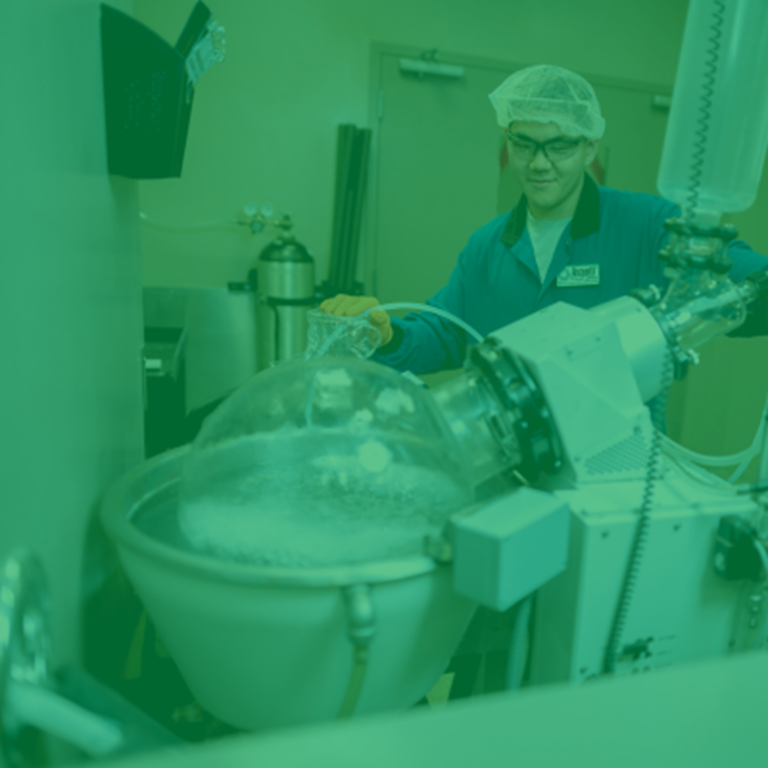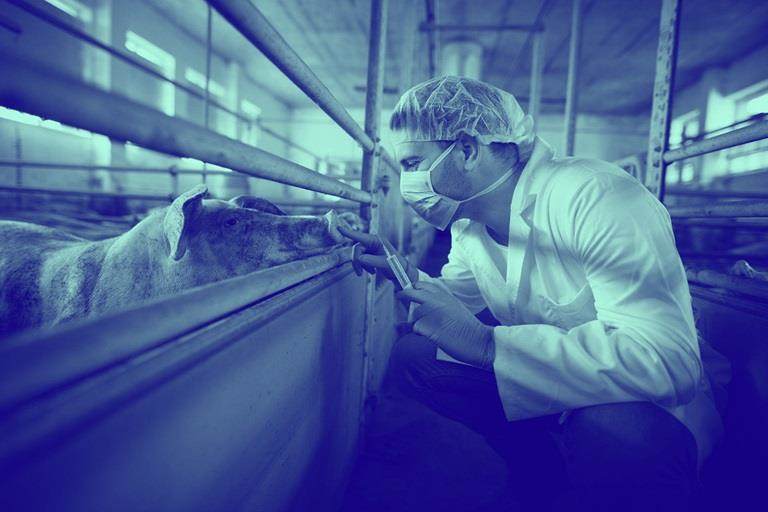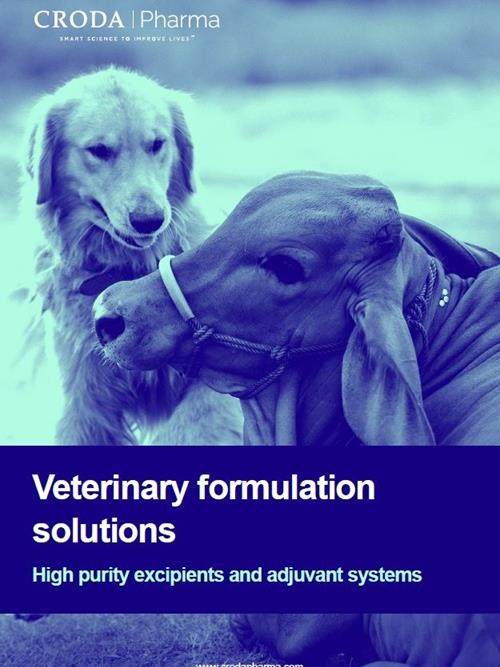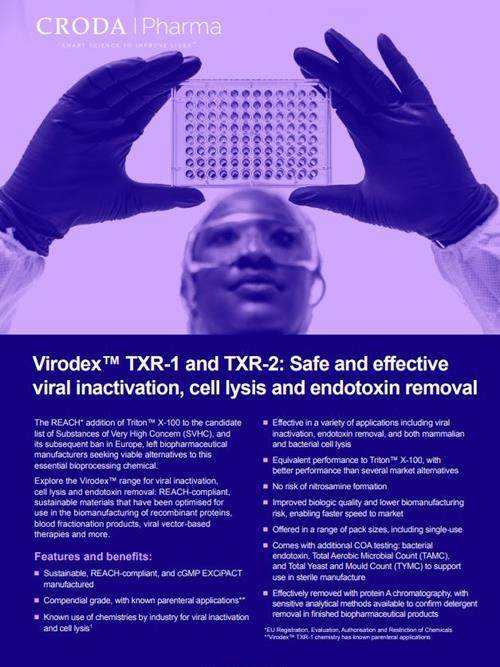Veterinary vaccines - solutions to an ongoing challenge...
Growth in the veterinary pharmaceutical industry continues to be, driven by increasing pet ownership globally, and the rising demand for veterinary vaccines to prevent the risk of zoonotic diseases in animals. Innovating new formulations for veterinary medicines is crucial for keeping up with these growing demands and diversity of needs in animal health. For companion animals, advancements in veterinary pharmaceuticals improve the quality of life, addressing chronic conditions, and enhancing longevity. Meanwhile, for food animals, innovation is vital for protection of global food security and international public health, with livestock health directly impacting the safety and supply of protein and other food products.
Veterinary vaccination has a long-standing history, with the first foot and mouth disease vaccines being produced on an industrial scale from 1950 onwards1 . This market has expanded vastly into the 21st century, with veterinary vaccines comprising approximately 23% of the global animal health product market2. Unlike human vaccines which only cater for one species, veterinary vaccines must cater to a plethora of species, each with unique physiological and immunological responses. An adjuvant that works for one species might not be as effective for another.
Some diseases can jump from animals to humans (like avian flu, swine flu, etc.). Effective vaccination of animals with the aid of potent adjuvants can prevent such zoonotic transmissions. Some antigens are hard to produce or extract in large quantities. By using potent adjuvants, the amount of antigen required in a vaccine may be reduced or multivalent vaccines may be developed making vaccine production more feasible and economically more efficient.
REACH compliance in the veterinary sector is part of a broader move towards safer, more environmentally friendly practices in industry and science. Ensuring that bioprocessing aids used in vaccine development, such as those used for viral inactivation, meet REACH standards is essential for the safety of the environment. Croda Pharma is driving innovation in the development of new viral inactivation chemistries that are both effective and compliant with these regulations. Any viral inactivator used in the veterinary space should not degrade into harmful byproducts which could have residual toxic effects on the aquatic ecosystem. Our Virodex™ range for viral inactivation and cell lysis is REACH-compliant, compendial, sustainable, and has been optimised for use in biomanufacturing of recombinant proteins, blood fractionation products, viral vectors, and more.
References:
https://www.mordorintelligence.com/industry-reports/veterinary-medicine-market
https://www.mordorintelligence.com/industry-reports/global-veterinary-animal-healthcare-market-industry
Source: https://www.expertmarketresearch.com/reports/veterinary-medicines-market
View our most recent blogs:

Croda welcomes Thomas Riermeier as new President of Life Sciences

Croda Pharma launches a new bioprocessing solution for shear stress in mammalian cell culture



